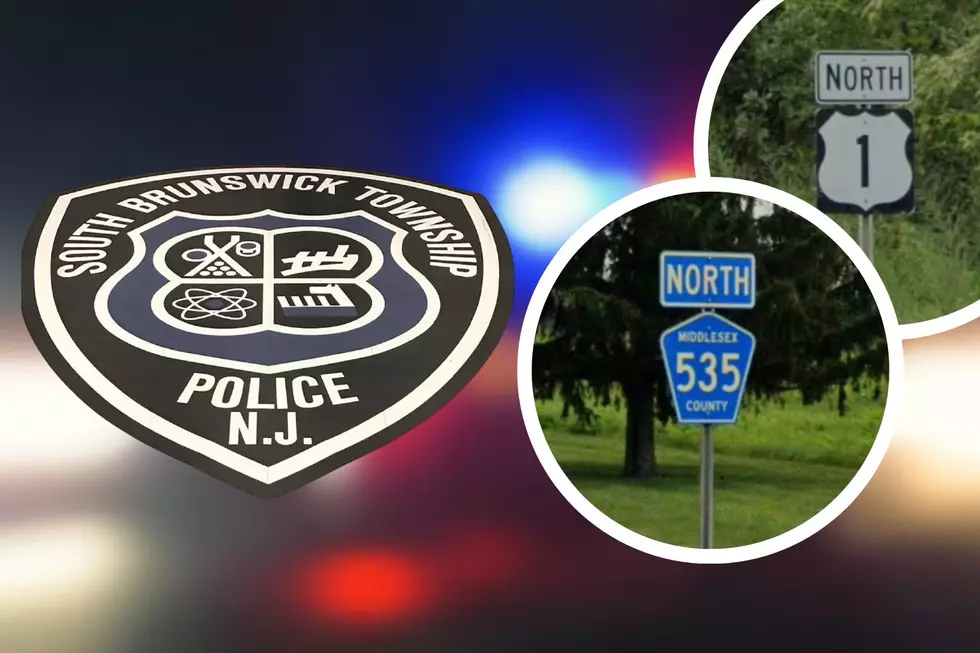
NJ Transit’s secret weapon to keep trains running on time
Now that the autumn leaves are falling NJ Transit has launched its two AquaTrack machines.
According to NJ Transit spokesperson Jim Smith when leaves fall onto the rail lines, as the trains roll over them the leaves get pulverized and an oily substance is left on the tracks.
“That can cause what is known as slippery rail condition where the train wheels won’t be able to get the proper traction in order to move at the proper speed, and thus can cause delays,” he said.
To remedy this situation he said two AquaTrack machines patrol the tracks across the Garden State.
Blast the tracks
“Basically it’s a high-powered pressure washer that uses water just like you use at your house to pressure wash the backyard or the driveway or the back steps.”
He said the two AquaTracks are used to cover more than 500 miles of rail line and they are very effective at getting the tracks clean.
Smith noted if the oily substance is not removed “the wheels on the train can slip, preventing the train from going the proper speed, and when the train isn’t going at the speed it’s scheduled to, that can cause delays by slowing it down going from one station to the next.”
Running day and night
He explained that “the AquaTrack machines are operating twice a day, during the middle of the day and overnight when train traffic is reduced and the Aqua Track machines can go out and patrol the railroad.”
He was quick to add “if we notice that a particular spot on the railroad is experiencing that slippery rail we can deploy one of these Aqua Track machines specifically there to clean that up.”
He said the AquaTracks will run for the next several weeks, until all of the leaves are off the trees.
The AquaTrack system has been in use by NJ TRANSIT since October 2003. It consists of two 250-horsepower diesel-engine units mounted on a flat car with an operator-control cab. Two pressure-pump units dispense water up to 20,000 pounds-per-square-inch directly to the top of the rail. The process uses 17 gallons of water per minute.
He noted in addition to the AquaTracks, NJ Transit trains are able to spray sand on the rails in front of their wheels to increase traction. NJ Transit also trims trees to help stem the amount of leaves on the tracks.
You can see a video of AquaTrack in action here.
David Matthau is a reporter for New Jersey 101.5. You can reach him at david.matthau@townsquaremedia.com
Click here to contact an editor about feedback or a correction for this story.
KEEP READING: Scroll to see what the big headlines were the year you were born
States with the most registered hunters
These NJ towns have the highest rates of sexually transmitted diseases
More From New Jersey 101.5 FM









